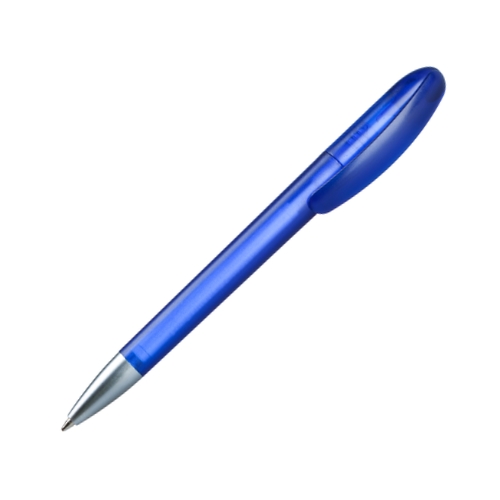Asking questions in Spanish is an excellent strategy to build your vocabulary. You can ask your teacher, your classmate, or a native speaker. Watch this video to learn what questions to ask.
![]() So we’ve learned about the terminology that you’ll need to know to do well in an online course. We’ve also touched briefly on how to ask and answer questions. Today, we’re going to take that knowledge and put it to work. So let’s flex our mental muscles and tackle some examples.
So we’ve learned about the terminology that you’ll need to know to do well in an online course. We’ve also touched briefly on how to ask and answer questions. Today, we’re going to take that knowledge and put it to work. So let’s flex our mental muscles and tackle some examples.
If you wanted to ask, “How do you say elephant in Spanish?" which of these methods would you use? Take a few seconds to select the right version of the question. Then go ahead and answer it.
¿Cómo se dice “elephant”? OR ¿Qué significa “elephant”?Answer: the correct form of the question is ¿Cómo se dice “elephant”? Our answer is going to be “Se dice elefante.”
Our next practice problem will have two parts.
- What is un cognado?
- Give me an example of “un cognado”
Take a few seconds to write down your answers.
Answer: Un cognado is a "cognate," or "a word that looks or sounds the same in two languages." For an example of a cognate, if you wrote anything like “Family/Familia” or “Elephant/Elefante,” you are correct.
Practice makes perfect. Do you feel perfect? If you don’t, keep practicing, and you’ll get there.
Let's practice asking questions to build your classroom vocabulary. Ask aloud in Spanish to find out the word for these common classroom items. Click the picture to read your teacher's reply.
You have a classmate that cannot remember the vocabulary from Spanish class. He keeps asking you how to say different words or phrases. Type out your replys in complete sentences. Refer to your vocabulary lists as needed. Click next to compare your answers.
¿Cómo se dice "Thursday"?
¿Cómo se dice "angry"?
¿Cómo se dice "What's up?"
¿Cómo se dice "Nice to meet you"?
¿Cómo se dice "It's snowing"?
¿Cómo se dice "Good afternoon"?
| Your Responses | Sample Answers |
|---|---|
| Se dice "jueves." | |
| Se dice "enojado." | |
| Se dice "¿Qué tal?" | |
| Se dice "Mucho gusto." | |
| Se dice "nieva." | |
| Se dice "Buenas tardes." | |





